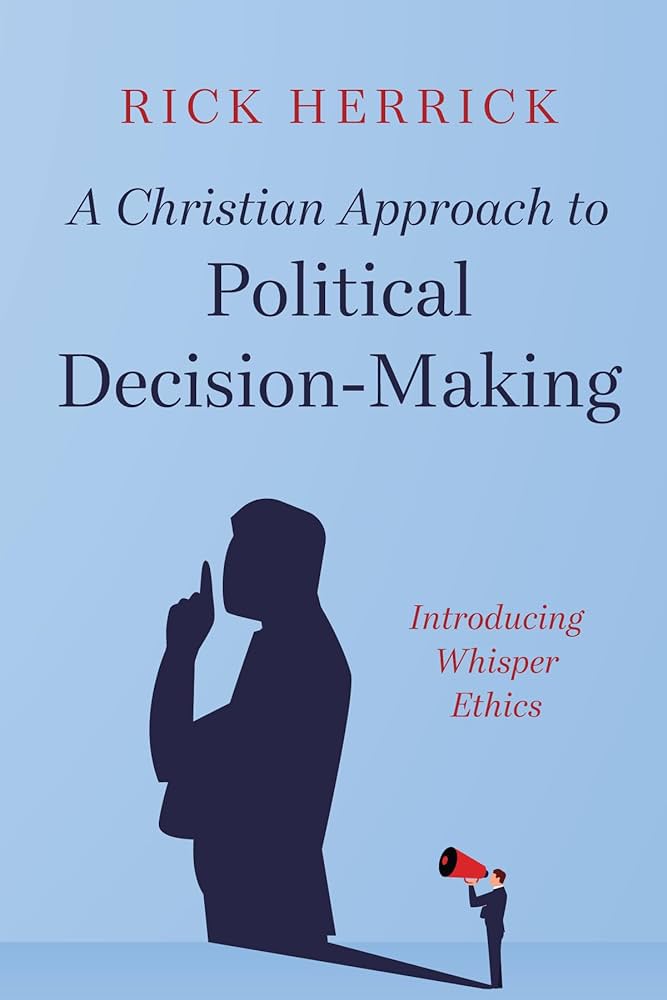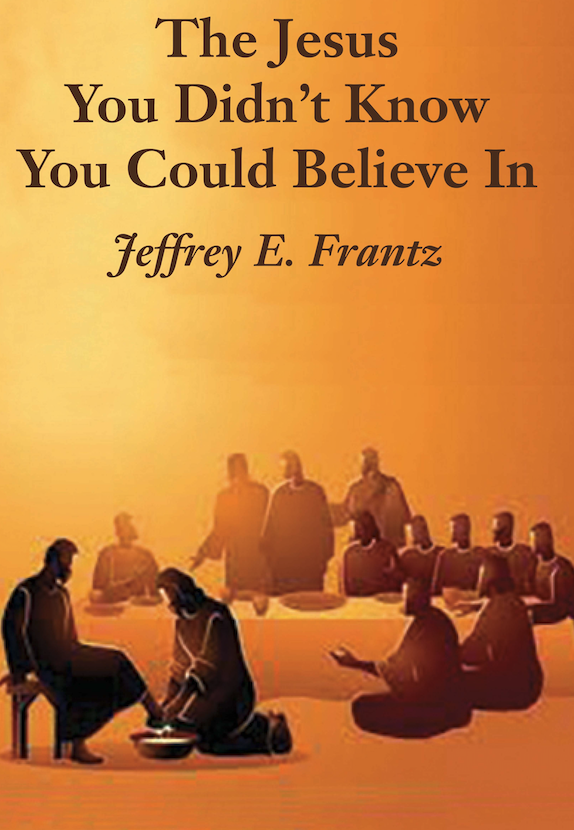Whispering Ethics nudges us to the spiritual high ground in the hope we will do the right thing as we seek to listen to the music of God's goodness and love as they sing in our awareness and conscience.
You have to live with hope for the possibilities of the future
Let's assume that a chance for peace still exists on the other side of the current Israeli/ Hamas war. By no means a sure thing, but we have to hope.
As the persona of Donald Trump continues to dominate our public lives, increasingly, we have become aware of the cult of personality that has risen up in his shadow. To be sure, it has evolved over time, but its existence as a cult cannot be denied.
The luminous web. What quantum physics suggests is that everything in life--molecules, particles, and sub-atomic particles--is inter-connected. We are all caught up
The context for this article is the proposed new curriculum for the instruction of students on African American history. Outrage over the proposal is mounting every day.
Toward an Ethics of Consequences
As a nation, we must move toward a place where the ethics of consequences weigh more heavily in our mind, heart, and spirit. In an ethics of consequences, the rightness and wrongness of our choices matter. Morality matters.
The Easter experience is about the birth of a new consciousness. It is a consciousness that burst upon the followers of Jesus
Foundational ideas/ principles for understanding the universe and ourselves
I want to share some reflections on process thought, known as process theology when applied to God and religion.
Gun Violence at Michigan State
I cannot tell you how furious I am with the politicians in our country, in both chambers (mostly Republicans), who stubbornly (thinking only of themselves) refuse to enact significant gun reform legislation.
As Christianity continues in search of a reformation adequate to our modern experience, it is amazing--through it all--how we continue to be fascinated by Jesus.
In these post-election days, there have been no reports of the violence many had forecast. Certainly, this is most encouraging. There is no place for violence in a civil society.
Rather than embrace people of color and celebrate our racial and cultural diversity, regrettably, large numbers of white people are pursuing another path. Thus, the recent rise in anti-democratic fervor and its serious threat to our democracy.
Suffering love is the pinnacle value of Christianity. It is rooted in the suffering of Jesus on the cross--a reality we can never fully fathom: the aching loneliness, the wrenching pain, the sense of total abandonment.
Since the birth of self-consciousness (some 250,000 years ago), human beings have been part of an ongoing process of imagining and creating new conceptions of God. In a very real sense, it is natural to our human situation.
Traditionally, in our nation, when an election is over, we assume people will accept the results, even if they are not to their own liking. We do not have a history of fraudulent elections. However, regrettably, we are now at a time in our history where, in many states, if a democrat wins an election, republicans are going to claim “fraud.”
In John 8, Jesus observes that when you know the truth, "the truth will make you free." In the Bible, truth-telling is an important matter. Indeed, the commandment truth of the ninth commandment spells this out for us: "You shall not bear false witness against your neighbor".
Like Jesus, Paul was a radical egalitarian. He was also, it turns out, a first century feminist. In all the churches he helped found and nurture, he insisted on gender equality.
For Paul, baptism is the pre-condition for equality. Simply put, when we are baptized into Christ, there is no inequality. This is true for all relationships, both inside and outside the assembly. For Paul, this was a non-negotiable affirmation that he expected his churches to adhere to.
Because the letters of Paul come after the gospels in the chronology of the New Testament canon, it is easy to lose sight of the fact that when Paul penned his letters, he had no knowledge of the gospel stories. His letters/epistles were probably written around 51 to 62 CE (Common Era). Meanwhile, the gospels were written from about 70-72 (Mark) to around the end of the first century (John). Thus, to reiterate, Paul knew nothing of the gospels.
Both Jesus and Paul were mystics, as, indeed, were most of the prophets. The insights and experiences of Christian mystics are important to any evolving understanding of Christian faith. Mysticism (mystical experience) reveals the significance of imagination, feelings, and intuition in the human spirit as human beings continue to explore the wonder and mystery of relationship to the Spirit.
In his inspirational novel, A Man Called Jesus, author, Dr. Rick Herrick, presents a Jesus with irresistible compassion who is deeply infused with God's love.
Given the amount of criticism of Paul over the centuries, if we can try to understand Paul in light of his authentic letters (the seven letters he, in fact, actually wrote), we soon discover that the radical Paul (the Paul of his authentic letters: Romans, 1 and 2 Corinthians, Galatians, Philippians, 1 Thessalonians, and Philemon) had a lot in common with the radical Jesus (the Jesus of history). Stated more accurately, the Jesus we learn of in the gospel stories had a lot in common with Paul.
Christianity before Paul. In order to explore the question of Paul distorting the message of Jesus, we need to ask the question, What was Christianity like before Paul, which would be in the early decades after Jesus' death? Paul wrote his letters from approximately 51-62 CE (Common Era). Therefore, in the thirties and forties CE, what was the Jesus movement like?
Paul and Jesus. The life, mission, and writings of the Apostle Paul loom large over the Christian Church. Whatever our personal opinion of Paul, after Jesus, he remains the major personality in the growth and shaping of the early church. His contribution to Christianity is immeasurable by virtually any standard.



















